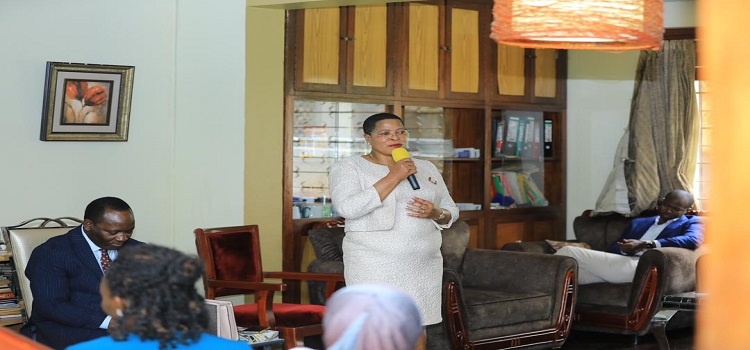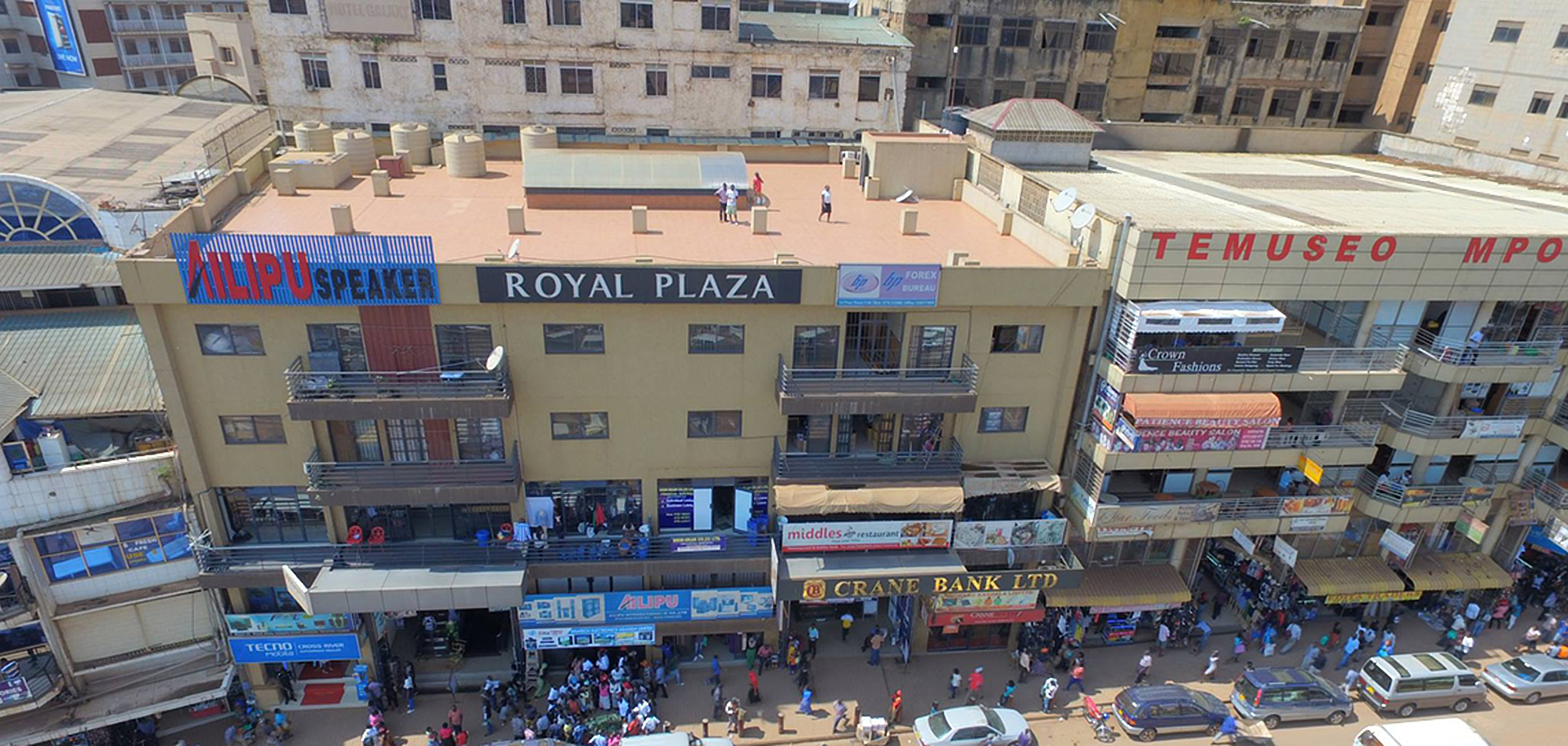Amidst the current uproar over Mathias Mpuuga’s controversial acceptance of a Shs500 million “service award,” little attention is being paid to three NRM MPs who each received Shs400 million. This discrepancy highlights a deeper issue within Ugandan society: the normalization of corruption within the NRM party.
Ugandans have become accustomed to the idea that the NRM is rife with corruption, to the extent that it no longer surprises anyone when such incidents occur. The scandal surrounding Mpuuga’s award has dominated local media headlines, yet government institutions responsible for investigating corruption seem disinterested in the matter.
Corruption and the misuse of public funds have become commonplace in Uganda. Those accused of corruption often receive protection and even promotion, while whistleblowers face demotion and ostracization. The case of Anderson Burora, the suspended Deputy RDC of Rubaga, exemplifies this trend. Burora found himself sidelined after speaking out against corruption within Parliament.
Moreover, President Museveni’s actions and statements have tacitly condoned corruption. Examples include the promotion of individuals involved in the mismanagement of GAVI funds and the NSSF Lubowa Estate saga. Despite these glaring instances, little accountability has been enforced.
Corruption seems to permeate every level of Ugandan society, with investigations often leading back to State House. This monopolization of corruption by the state further undermines efforts to combat the problem.
Another pressing issue is the normalization of poverty and tokenism. The majority of Ugandans live in poverty, while a select few amass enormous wealth. Disparities in salaries among civil servants and the misuse of funds under the guise of “Corporate Social Responsibility” contribute to this inequality.
The skewed taxation system further exacerbates the divide between the wealthy elite and the impoverished majority. Programs like “bonna bagagawale” and bottle irrigation offer token solutions to systemic problems, perpetuating the cycle of poverty.
As a result, the majority of Ugandans feel powerless to hold their leaders accountable. MPs are inundated with requests for financial assistance from constituents, further blurring the lines between social service delivery and political responsibility.
Even religious and cultural leaders, whose role should be to advocate for the people, have been co-opted by the corrupt system. Janan Luwum Day serves as a stark reminder of this paradox, as leaders pay lip service to morality while benefiting from corruption.
The public’s indifference towards the other commissioners involved in the “Mpuuga Saga” suggests that corruption has become so normalized that it is often overlooked or accepted, particularly within the NRM.




















